Search
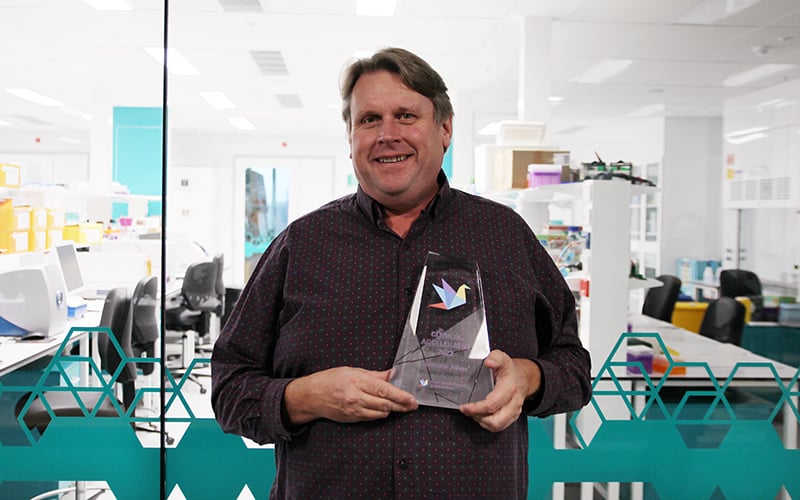
News & Events
Trial of new antibody gives hope to children suffering from brain cancerChildren with aggressive brain cancers could soon have access to a significant new treatment option, using a unique antibody that stops cancer cells from repairing themselves.

News & Events
Family dogs help kids move and sleep more: new studyResearchers exploring the potential health benefits of pets have found children who regularly walk and play with a family dog are more active, have less screen time, and sleep more.
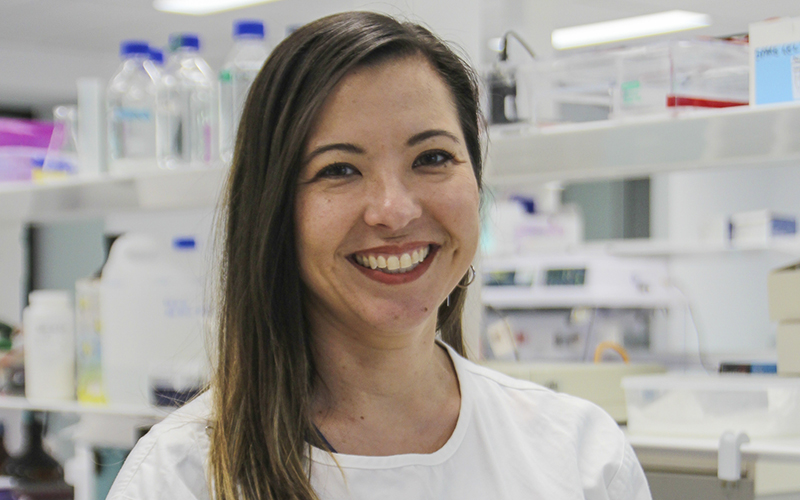
News & Events
Cancer Council WA supports development of less toxic treatments for childhood brain cancerThe Kids Research Institute Australia researcher, Dr Raelene Endersby, will work to develop less toxic treatments for children with brain cancer, thanks to support from Cancer Council WA.

News & Events
Youth justice researcher named an AMP Tomorrow MakerDr Hayley Passmore has been named an AMP Foundation Tomorrow Maker in recognition of her efforts to better support young people in detention who have neurodisability.
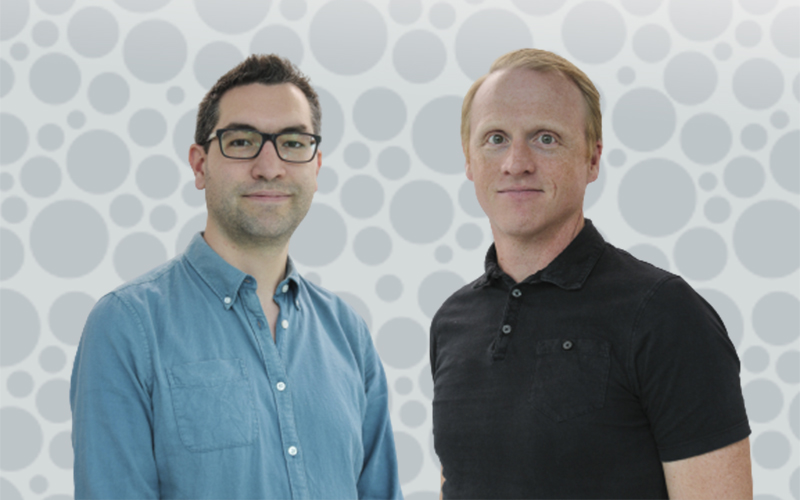
News & Events
The Kids Research Institute Australia and Curtin University researchers among world’s most influential in their fieldTwo researchers working across The Kids Research Institute Australia and Curtin University have been named among the world’s most highly cited scientists.
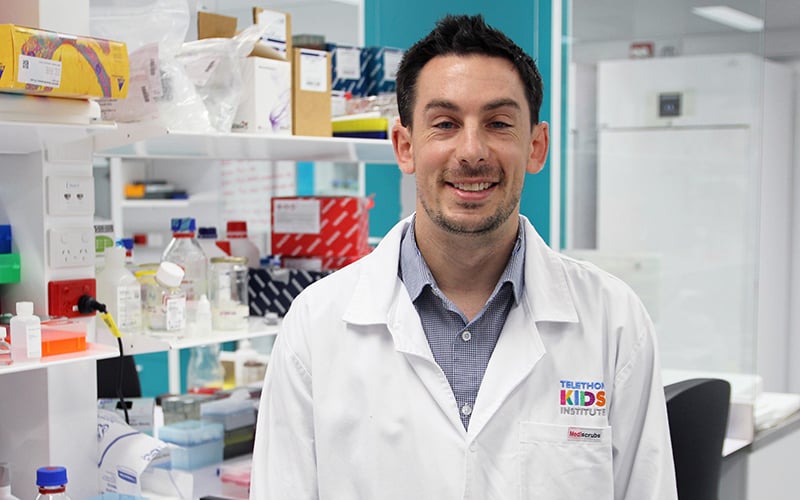
News & Events
The Kids Research Institute Australia Cancer Centre Researcher wins Cancer Council WA FellowshipCancer Council WA has awarded a Post-Doctoral Fellowship to Dr Ben Wylie, for his project to help kids with sarcoma.
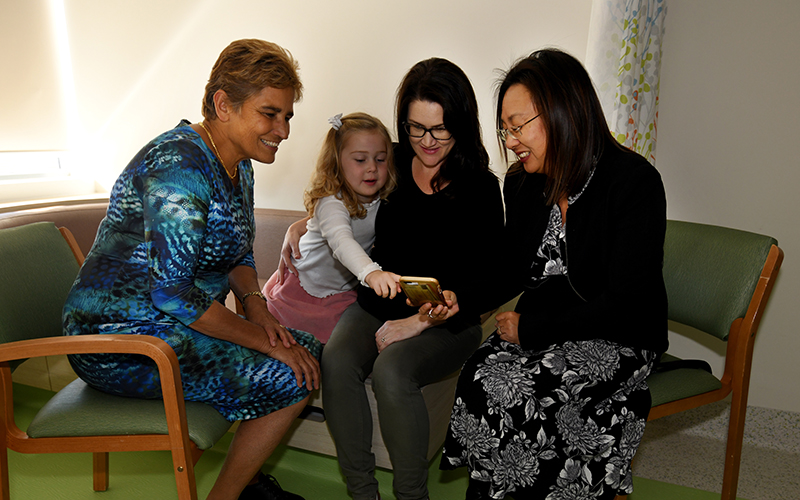
News & Events
New locally-developed app to support women through pregnancyA new evidence-based app designed to support pregnant women to live a healthy lifestyle and give their baby the best start has been launched by The Kids Research Institute Australia and the Joondalup Health Campus

News & Events
Injury study aims to help frontline staff better recognise domestic violenceA The Kids Research Institute Australia research student concerned by the types of injuries he was seeing in emergency departments as a trainee doctor has spearheaded an Australia-first study.

News & Events
New project to boost global fight against malariaResearchers from The Kids Research Institute Australia and Curtin University are excited to be part of a new US$30 million global project to fight malaria.
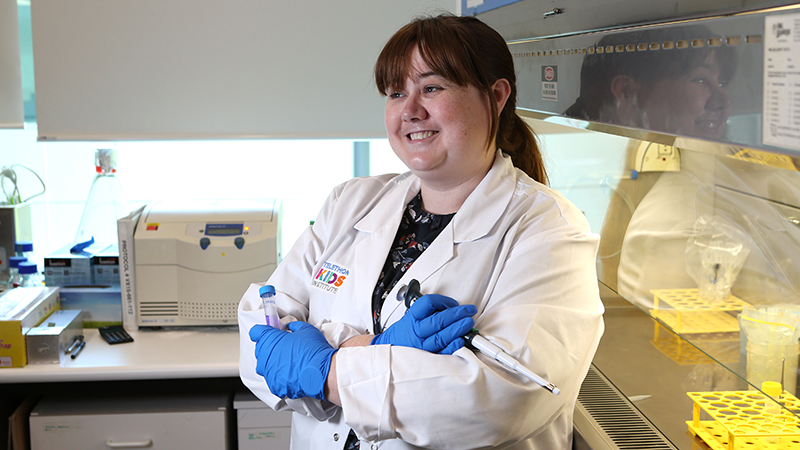
News & Events
“Natural killer” donor cells fighting kids leukaemiaNew research by The Kids shows donor immune cells are highly effective at boosting the body’s response against leukaemia.
